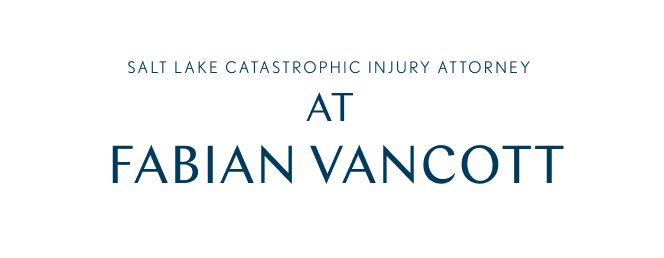U.S. District Court Judge Mark W. Bennett (N.D. Iowa) is a colorful— and sometimes controversial– advocate for sentencing reform and, it appears, an enemy of discovery abusers. A couple of years ago he wrote he wrote one of the more entertaining opinions that I’ve seen on discovery abuse; I only just became aware of it.
Defense counsel in a products liability case, from Jones Day out of Chicago appearing pro hac vice in Iowa, apparently has an unrequited love for the “form” objection in depositions, making them as often as three times per page, along with repeated coaching of the witness. To go along with that was a generally obstructive and nasty attitude.
Judge Bennett– on his own initiative and after the trial had been successfully concluded in the defendant’s favor– took counsel to task for her uncivil and unprofessional deposition conduct. That’s standard fare these days, along with bemoaning the state of pretrial procedure:
Something is rotten, but contrary to Marcellus’s suggestion to Horatio, it’s not in Denmark. Rather, it’s in discovery in modern federal civil litigation right here in the United States. Over two decades ago, Griffin Bell—a former United States Attorney General, United States appeals court judge, and private practitioner—observed: “The criticism of the civil justice system has reached a crescendo in recent years. Because much of the cost of litigation is incurred in discovery, the discovery process has been the focal point of considerable criticism.” How little things have changed.
Discovery—a process intended to facilitate the free flow of information between parties—is now too often mired in obstructionism. Today’s “litigators” are quick to dispute discovery requests, slow to produce information, and all-too-eager to object at every stage of the process. They often object using boilerplate language containing every objection imaginable, despite the fact that courts have resoundingly disapproved of such boilerplate objections. Some litigators do this to grandstand for their client, to intentionally obstruct the flow of clearly discoverable information, to try and win a war of attrition, or to intimidate and harass the opposing party. Others do it simply because it’s how they were taught. As my distinguished colleague and renowned expert on civil procedure Judge Paul Grimm of the District of Maryland has written: “It would appear that there is something in the DNA of the American civil justice system that resists cooperation during discovery.” Whatever the reason, obstructionist discovery conduct is born of a warped view of zealous advocacy, often formed by insecurities and fear of the truth. This conduct fuels the astronomically costly litigation industry at the expense of “the just, speedy, and inexpensive determination of every action and proceeding.” It persists because most litigators and a few real trial lawyers—even very good ones, like the lawyers in this case—have come to accept it as part of the routine chicanery of federal discovery practice.
What’s more interesting to me is the punishment imposed by Judge Bennett on this lawyer. Not the usual “monetary-sanctions-with-no-recourse-to-client” kind of thing, but something far more creative: Ms. Obstructionist was ordered to prepare a video on proper deposition objections, including the impropriety of unspecified “form” objections, witness coaching, and excessive interruptions. Then that instructional video was to be made available to most all litigators in her firm’s worldwide branches. Unfortunately for us, it did not have be provided to the public, or anyone outside the firm. (Love to get my hands on a copy.)
We need more creative trial judges like Mark Bennett. When I was on the Utah Supreme Court’s Advisory Committee on Professionalism, I used to advocate (half-seriously) for putting jackass lawyers in stocks in front of the courthouse. Nothing works like the old public humiliation.
I wish every trial judge in Utah would read Judge Bennett’s opinion. More thoughts on this from “Above the Law” here.
FJC


